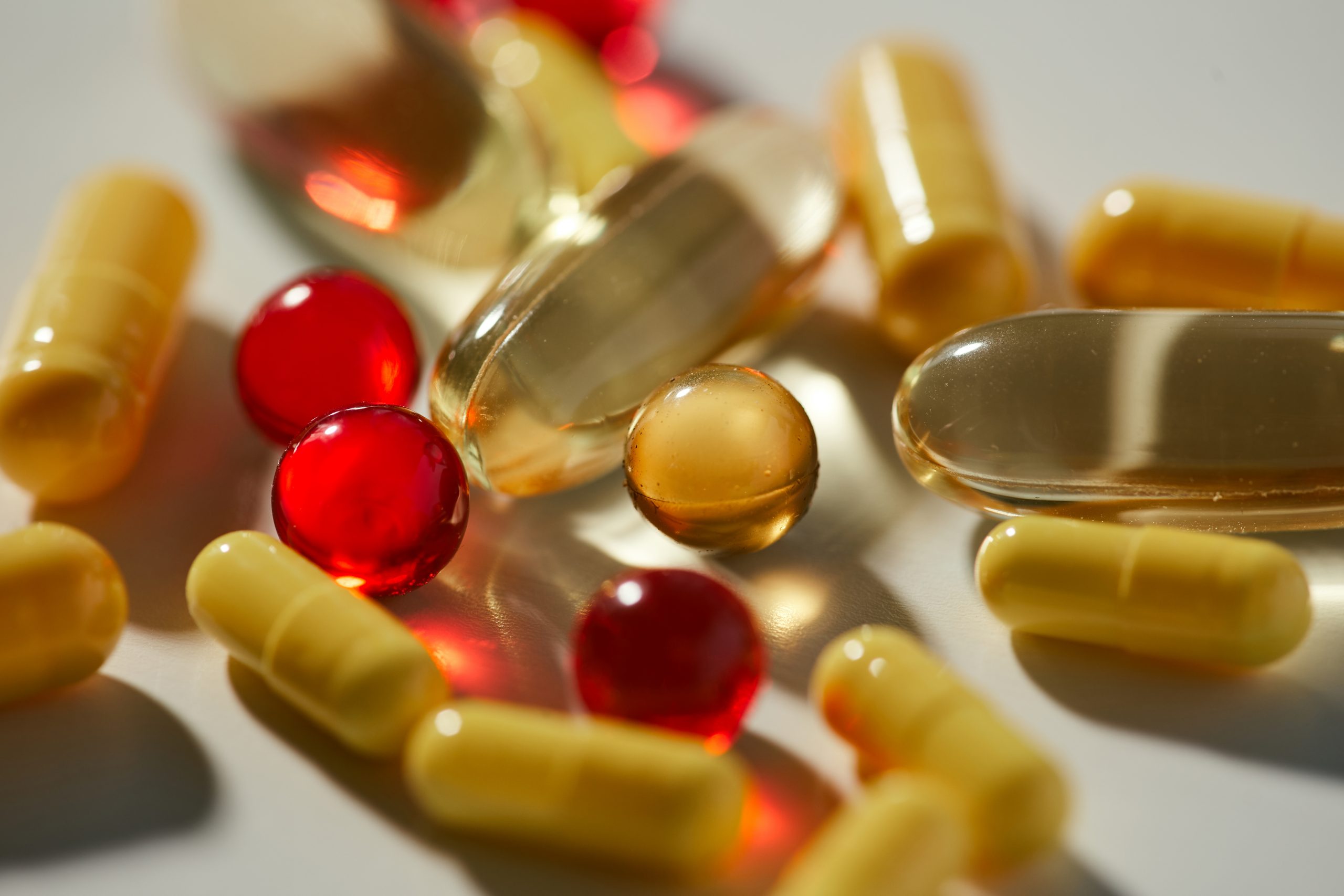One hour to go before lunch time and you’re scrolling through your food app ‒ to be brutally honest, how many of you are guilty of gluttonously eyeing the meals in the fast food section? I’m sure many would pledge to being guilty as charged for being a zealot of unhealthy food! The wholesome salubrious vegetarian sections in the food app will often be left unexplored. As suggested by dieticians and nutritionists, it is recommended to take five to nine servings of greens and fruits per day. However, when the tantalizing temptation of unhealthy food is so strong, you may fall short of the daily recommended amount of nutrient intake. This is when dietary multivitamins will come in handy to help you cover the bases of nutrient deficiency. Learn about the seven key ingredients that your multivitamin should have below:
1. Vitamin D
Vitamin D is essential in boosting bone, teeth and muscle health; our body needs it to effectively absorb calcium. According to the National Institute of Health (NIH), children and adults should get at least 600 IU (International Units) of vitamin D per day, while the elders should get 800 IU. Deficiency of vitamin D will lead to a higher possibility of falling sick easily, bone degeneration and hair loss. Basking under the morning sunlight for 15 minutes will also contribute to your daily dose of vitamin D.
2. Magnesium
Magnesium helps to promote bone health and energy production. Its benefits include calming the nervous system, reducing stress, regulating muscle and nerve functions, balancing blood sugar levels and enhancing the production of DNA, protein and bone. Adults are recommended to take up to 350-mg of magnesium per day. The optimum forms of magnesium that the body easily absorbs are chloride, citrate, lactate and aspartate.
3. Calcium
Calcium is a vital source of mineral that our body requires to fortify bones and teeth. Women tend to lose their bone density much earlier than men, therefore getting enough calcium on the onset would serve as the best nutritional defence against the risk. A majority of people do not get the daily recommended 1,000 mg dose of calcium from their diet. Nutritionists advocate the consumption of calcium in the form of calcium citrate as it optimises bioavailability ‒ alleviating the symptoms in those who have absorption issues.
4. Zinc
Zinc is a prerequisite mineral for boosting the immune system and increasing wound healing capability. Zinc also helps to transform protein, carbohydrate and fat to energy. Older people and those who are under high stress tend to have low zinc levels. A daily intake of multivitamin which contains 5-10 mg of zinc is recommended.
5. Iron
Iron is one of the most essential staples of nutrients in our diet; the amount of iron that a person needs varies from each individual according to food intake and physiological conditions. Women in their pregnancy and menstrual cycle as well as teenagers going through puberty require more iron. The same goes to vegetarians or vegans who may not be substituting meat well with other iron-rich foods. An ideal amount of iron intake is 18 mg as overload may cause nausea.
6. Folate
Folate or known as folic acid is pregnant women’s most trusted aide for its fetus safeguarding properties in preventing birth defects and stimulating fetus development. Regular people should get 400 mcg of folate per day, while pregnant women need at least 600 mcg. Moreover, folate also helps to combat inflammation and depression. Taking folate on an empty stomach will enable a 100 percent absorption rate compared to only an 85 percent rate when it is taken with food.
7. Vitamin B-12
Vitamin B-12 (cobalamin) is a nutrient that aids the production of DNA as well as regulating and strengthening blood cells and nerves. It is also very effective in preventing megaloblastic anaemia which is a condition that induces lethargy and weakness. Since most food sources that are high in vitamin B-12 are animal-based, vegans or vegetarians are particularly susceptible to deficiency. Multivitamin that contains 1 to 2 mcg of B-12 per serving would be a good staple of choice.
Discover how you can customise your robust range of personalised supplements as bonus boosters to substitute for the nutrients that may be lost in consumption due to an imbalanced diet with Exanutrix.



